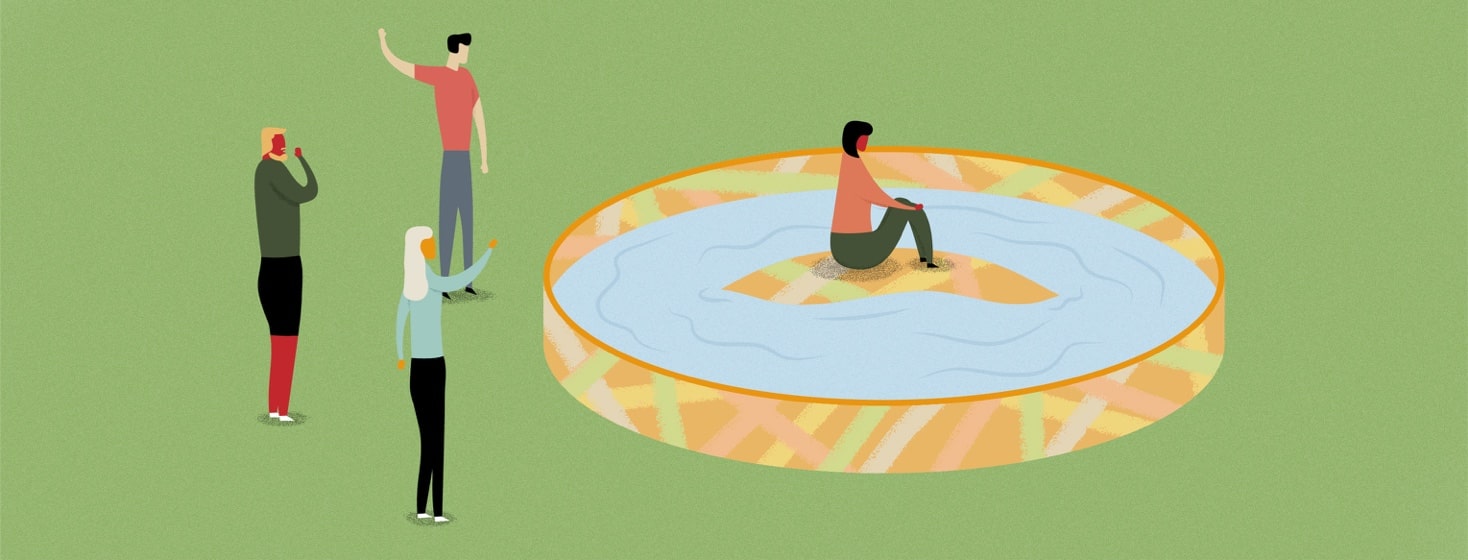Newly Diagnosed with Ulcerative Colitis, Real Words From Someone Who's Been There
Someone recently reached out to me, saying they are newly diagnosed with ulcerative colitis. They told me their medications and basically implied hating them. They told me they were really struggling and needed some kind of help. I immediately wanted to say, "you are not alone." I mean, that's instinct. We all say it. We've learned, with time, there is a community, if only online, where we can talk, vent and learn with other people living with Crohn's and colitis. Sure. But I don't think that's something they need to hear right now.
Fact is: you are alone
When I was diagnosed, I was completely alone. Even surrounded by a room full of people, I still felt 100% misunderstood and alone, so I completely understand if you feel the same. It's an invisible disease, meaning it's a condition that doesn't meet the eye. Someone with ulcerative colitis could be the person you see struggling in the hospital, but they could also be the one running the marathon. There's no "universal look" and it's not a condition people tend to talk about openly, at least not yet. So you may not be alone and just not realize it. The people closest to you may have the same condition and face your same struggles, but without those intimate conversations, you would never know.
So start the conversation with others about UC
When I was diagnosed, I was so ashamed and embarrassed that no one around me knew what I was going through. I thought people would judge me. I didn't realize that I didn't need to tell every single person, every single detail. I didn't have to tell them the ins and outs of my condition. You'd be surprised what a simple, "I'm hurting today" could spark up in a conversation. It's also not only limited to friends and family. Start the conversation with your doctor. Tell them how you're doing mentally and ask if they know of any groups or resources for people in your position.
Healthcare was built for the physical
In time, this is something you will learn. This is why many of our specialists still don't ask about our mental health. This is why people don't believe we're disabled because we don't, "look it." Judging by the outward, physical appearance only. You have to fight to be heard and some topics, although uncomfortable, you will have to bring up yourself. These are often the most important. It took me years to admit I was depressed, but you know what happened when I did? My doctor and I sat in her office and cried together for an hour. Little things like that can change your life, so I encourage you to try.
Things change over time
Both bad and good. Doctors change. Medications change. It's a balancing act. The good thing is: healthcare changes. More research comes along, more treatments, more patient programs. Don't ever give up because something is not the way you want it. Trust me, in the 10 years since I've been diagnosed, there have been so many improvements. There are great things ahead, you just need to hold on for the ride.

Join the conversation